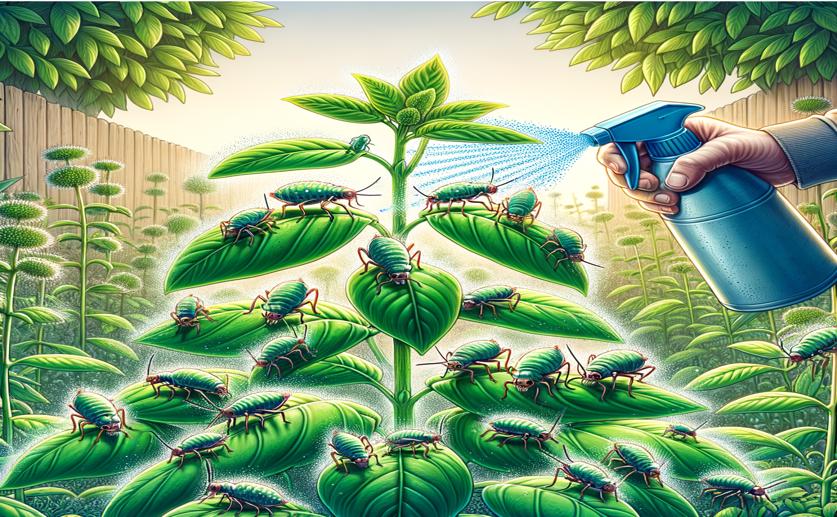
Effects of Natural Pesticides on How Aphids Feed and Behave
Jim Crocker
26th June, 2024

Image Source: Natural Science News, 2024
Key Findings
- The study from the University of Bari found that pesticides can change pest behavior, not just kill them
- Pesticides can make pests spend more time wandering and less time feeding, reducing crop damage
- Understanding these behavioral changes can lead to more sustainable pest control methods
AgricultureBiochemPlant Science
References
Main Study
1) Impact of biopesticides on the probing and feeding behavior of Aphis gossypii
Published 25th June, 2024
https://doi.org/10.1186/s43170-024-00269-4
Related Studies
2) Herbivore-induced callose deposition on the sieve plates of rice: an important mechanism for host resistance.
3) Host Acceptance and Plant Resistance: A Comparative Behavioral Study of Myzus persicae and Acyrthosiphon pisum.
4) Pesticide-Induced Stress in Arthropod Pests for Optimized Integrated Pest Management Programs.



 20th June, 2024 | Jenn Hoskins
20th June, 2024 | Jenn Hoskins